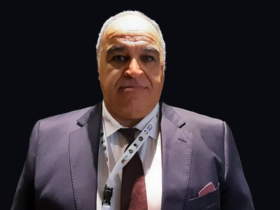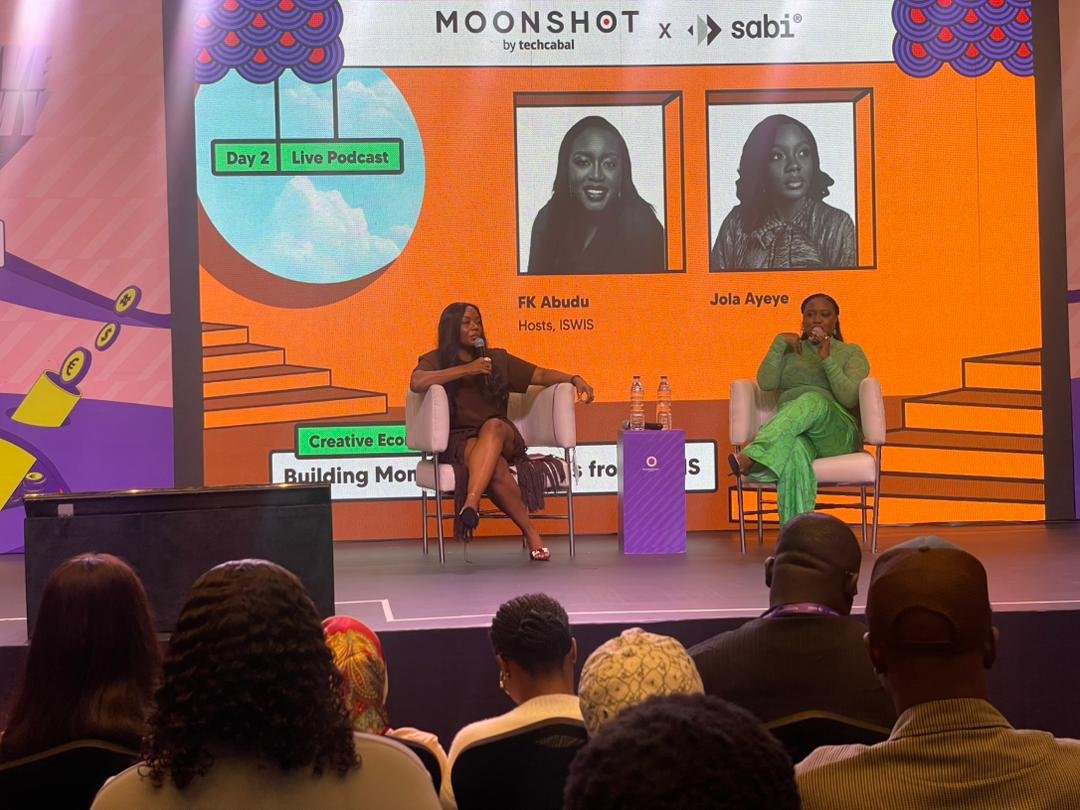At Moonshot by TechCabal on Thursday, the hosts of the hugely popular podcast, I Said What I Said (ISWIS), FK Abudu and Jola Ayeye, dismantled the myth of oversight success. In a session titled “Building Momentum: Lessons from ISWIS,” they argued that genuine momentum is not built through viral stunts but through a relentless focus on consistency and deep community engagement.
Abudu said the first rule of growth is simple: “The first thing I would say about building momentum is that there is a time factor, which brings me to my first point of consistency.”
Jola Ayeye elaborated on this idea of consistency, framing it as a disciplined approach to brand identity: “Having a point of view and being consistent in that point of view is [important]. We [still] have the same format of the show since when we started, and that’s how it’s going to be.”
This commitment to consistency in format and voice, as articulated by Ayeye, is a principle validated by consumer psychology and digital media growth strategies. Research into audience loyalty across digital platforms suggests that predictable content schedules and formats build trust and habit, which are crucial for retention.
The hosts strongly advocated for maintaining creative boundaries to foster innovation. Ayeye advised creators to find freedom within structure: “Everybody says you should think outside of the box. The problem is that once you’re outside the box, and you don’t have any values or guidelines, that’s how it’s always going to be. So in the box of our format, in the box of the kind of voice that we have, we are creative.”
The hosts explained that their focus on the audience as active participants, rather than passive consumers, defined their strategy. Ayeye said it is important to “think of community as a living, breathing thing. [When you] know what your friends like to know and what they do, that’s personal.”
The key lesson from the ISWIS hosts on building momentum is a two-part mandate: discipline in content creation through consistency and a defined point of view, and integrity in commerce, supported by Jola Ayeye’s warning that “If you do things for the money, you will lose big time.”














Leave a Reply